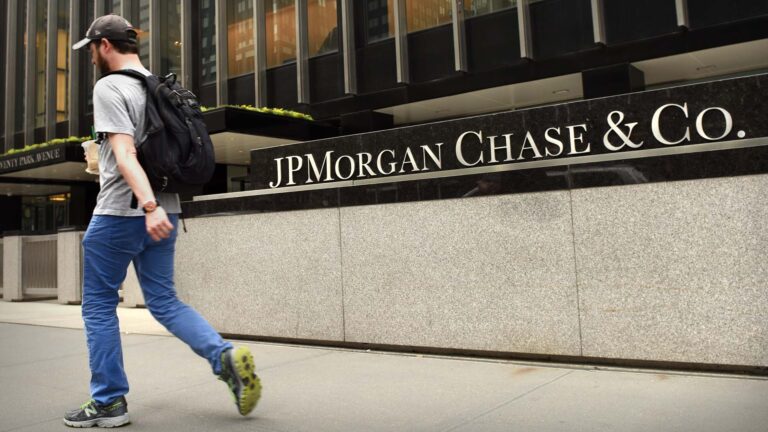JPMorgan Chase for years understated the risk it posed to the financial system, according to a whistleblower who claimed that America’s largest bank made billions of dollars by violating rules established to protect the global economy from crisis.
In a 35-page letter sent to JPMorgan Chase’s board audit committee, the whistleblower, a former JPMorgan Chase banker, alleged the firm “misrepresented” several indicators used to assess its complexity by the Federal Reserve by engaging in a process called “netting,” which is prohibited under Fed rules and international standards. This practice made the bank appear less complex, allowing the firm to hold less capital in reserve — in effect eroding the financial buffer meant to protect against future shocks.
Though the practice violates international standards, the Federal Reserve allowed JPMorgan Chase and other large U.S. banks to continue it, according to another banker familiar with the matter.
Sen. Elizabeth Warren, the top Democrat on the Senate Banking Committee, said she was deeply concerned that the Federal Reserve “may be turning a blind eye as JPMorgan and other Wall Street banks cook their books and skim off of funds meant to prevent a global economic collapse.”
“Inconsistent and lax bank supervision has crashed our economy before,” she told the International Consortium of Investigative Journalists and The Bureau of Investigative Journalism.
“[Federal Reserve Chair Jerome] Powell owes the American people an explanation for allowing CEOs to manipulate their financial reports so they can pay themselves and their wealthy investors more in executive compensation and buybacks.”
The whistleblower claimed that JPMorgan Chase was able to issue an additional $75 billion to $100 billion in loans by understating its complexity. They calculated that this could have allowed JPMorgan Chase to generate an additional $2 billion in net income in one year alone.
Former policymakers warned that the lack of proper enforcement of the rules established in the wake of the 2008 financial crisis — after which taxpayers footed the bill for colossal government bailouts to stabilize the global economy — could leave large U.S. banks without the necessary capital on hand in the event of another crisis.
“If [U.S. banks] don’t have enough capital for times when they experience financial stress, that is putting their domestic economies at greater risk because it’s eroding their ability to absorb losses,” said Graham Steele, a former assistant secretary for financial institutions at the U.S. Treasury Department. “It also imposes risks to the global financial system. They will spread risk and contagion because these are global financial institutions and global markets.”
In August 2023, the whistleblower wrote in the letter to JPMorgan Chase’s board audit committee, which oversees the firm’s financial reporting, that the bank had been misreporting complexity…
Read More: Whistleblower accuses JPMorgan Chase of violating cash reserve rules meant




